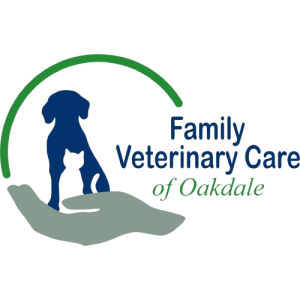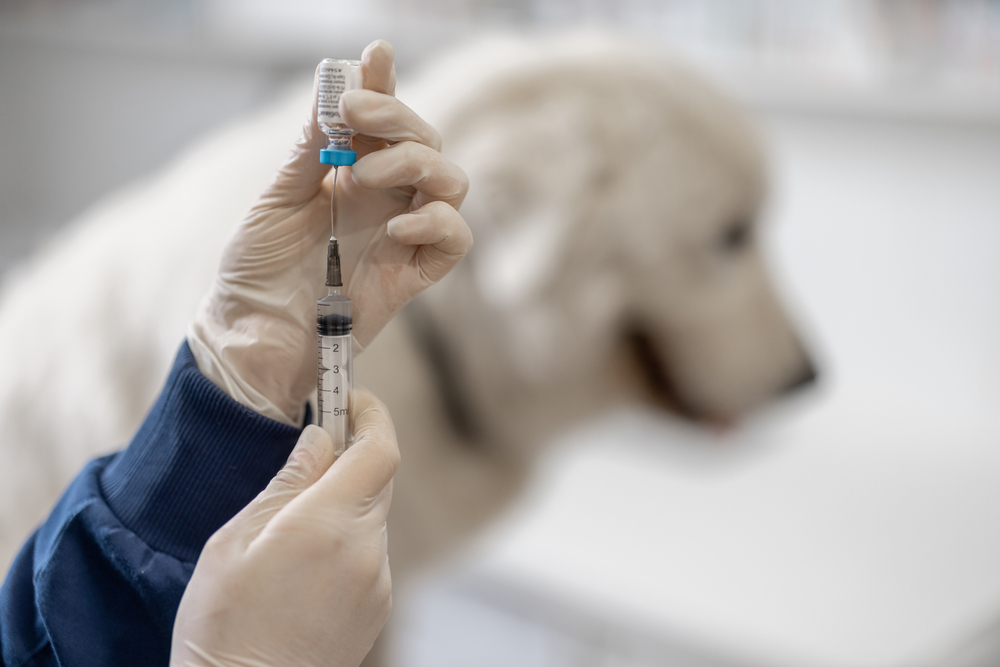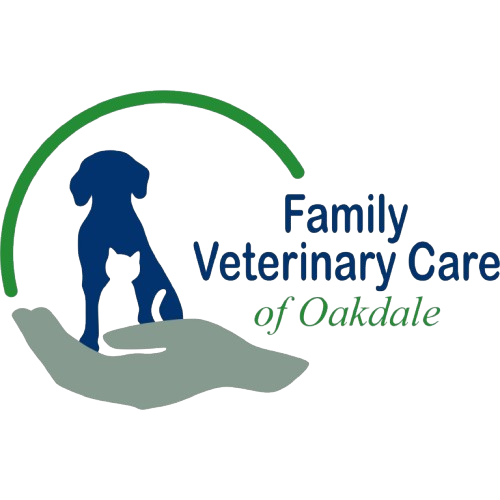Leptospirosis is a widespread bacterial disease that can severely damage your dog’s health and can also affect you and your family. Our Family Veterinary Care of Oakdale team recommends leptospirosis as a core vaccination for dogs and we provide educational information about this serious disease.
Canine leptospirosis basics
Leptospirosis is caused by one of the more than 250 Leptospira bacterial types. They live in warm, wet conditions and can survive in an ideal environment for more than three months. Leptospirosis is a zoonotic disease and can affect pets, people, farm animals, and wildlife.
Leptospirosis is most commonly transmitted to dogs when they come in contact with water or soil contaminated by an infected animal’s urine. A dog can also be infected by coming in contact with an infected animal, such as another dog, rodents, raccoons, skunks, foxes, or deer, or by eating a contaminated carcass. Once your dog is infected, the bacteria cause widespread inflammation and typically settle in their kidneys and liver, leading to organ failure.
Canine leptospirosis signs
Leptospirosis signs depend on the bacteria strain and the dog’s immune response. Some dogs show no signs, while others develop mild to severe illness. When present, signs are nonspecific and include:
- Inappetence
- Fever
- Lethargy
- Abdominal pain
- Diarrhea
- Vomiting
- Stiffness
- Muscle pain
- Increased thirst and urination
- Jaundice—yellowing of the eyes and mucous membranes
- Unexplained bruising
- Inflamed eyes
- Oral ulceration and bad breath
- Respiratory difficulty
Canine leptospirosis diagnosis
Diagnosing leptospirosis can be tricky because the signs are nonspecific and are similar to those of many other diseases. Diagnostics may include:
- History — A thorough history helps determine your dog’s exposure risk and when the signs started.
- Physical exam — Our team examines your dog from nose to tail, looking for abnormalities such as fever, jaundice, and oral ulcerations.
- Blood work — If your dog has a severe case, their liver and kidney values will likely be elevated.
- Urinalysis — Evaluating your dog’s urine provides valuable information about their kidney health.
- Leptospirosis testing — If our team believes your dog has leptospirosis, we run specific blood tests to look for leptospirosis genetic material or to measure your dog’s antibody levels against the bacteria.
Canine leptospirosis treatment
Specific antibiotics are typically effective in treating leptospirosis, but intense in-hospital care, including intravenous (IV) fluid therapy, pain medications, antiemetics, nutritional support, oxygen therapy, and other medications, may be necessary if your dog’s liver or kidneys are affected.
When treated early, most dogs recover, but they may have residual kidney or liver damage. Long-term medications, a prescription diet, and regular rechecks may be necessary to monitor your dog’s kidney and liver function.
Canine leptospirosis zoonosis risk
During the treatment’s early stages, your infected dog can transmit leptospirosis to you and your family. Ensure you take precautions to avoid infection. Recommendations include:
- Using an antibacterial cleaning solution, thoroughly clean surfaces that may be contaminated with infected dog urine.
- Don’t allow your dog to urinate in public areas or where your family eats, plays, or gardens.
- Wash your hands after handling your dog.
- Wear gloves when disposing of your dog’s waste.
Canine leptospirosis prevention
All dogs are susceptible to leptospirosis because the bacteria are so widespread. However, you can decrease your dog’s disease risk by following these tips:
- Have your dog vaccinated annually with the leptospirosis vaccine.
- Limit your dog’s access to standing water.
- Carry water and a portable water bowl on outings so you can provide fresh, uncontaminated water when your dog is thirsty.
- Control rodents around your home.
- Don’t feed wildlife around your home.
- Don’t let your dog scavenge on wildlife carcasses.
The leptospirosis vaccine doesn’t protect against all leptospirosis strains, but it does protect against those that are most common. Keeping your dog vaccinated is the best way to decrease their infection risk. Contact our Family Veterinary Care of Oakdale team to schedule your dog’s leptospirosis vaccine appointment.











Leave A Comment